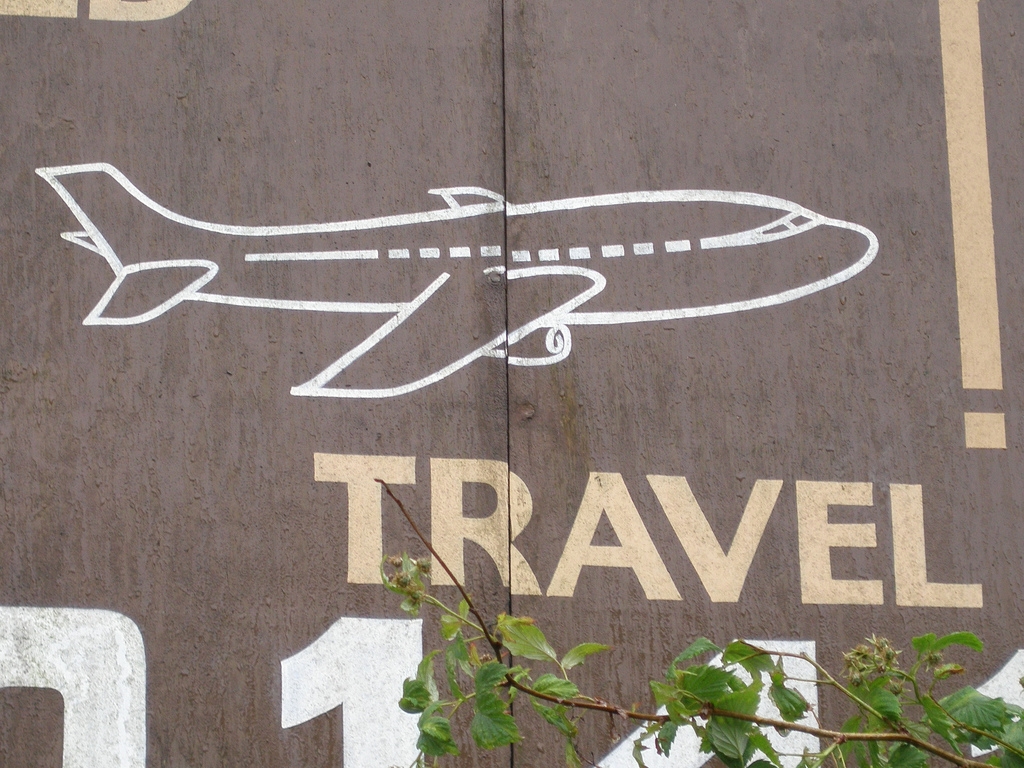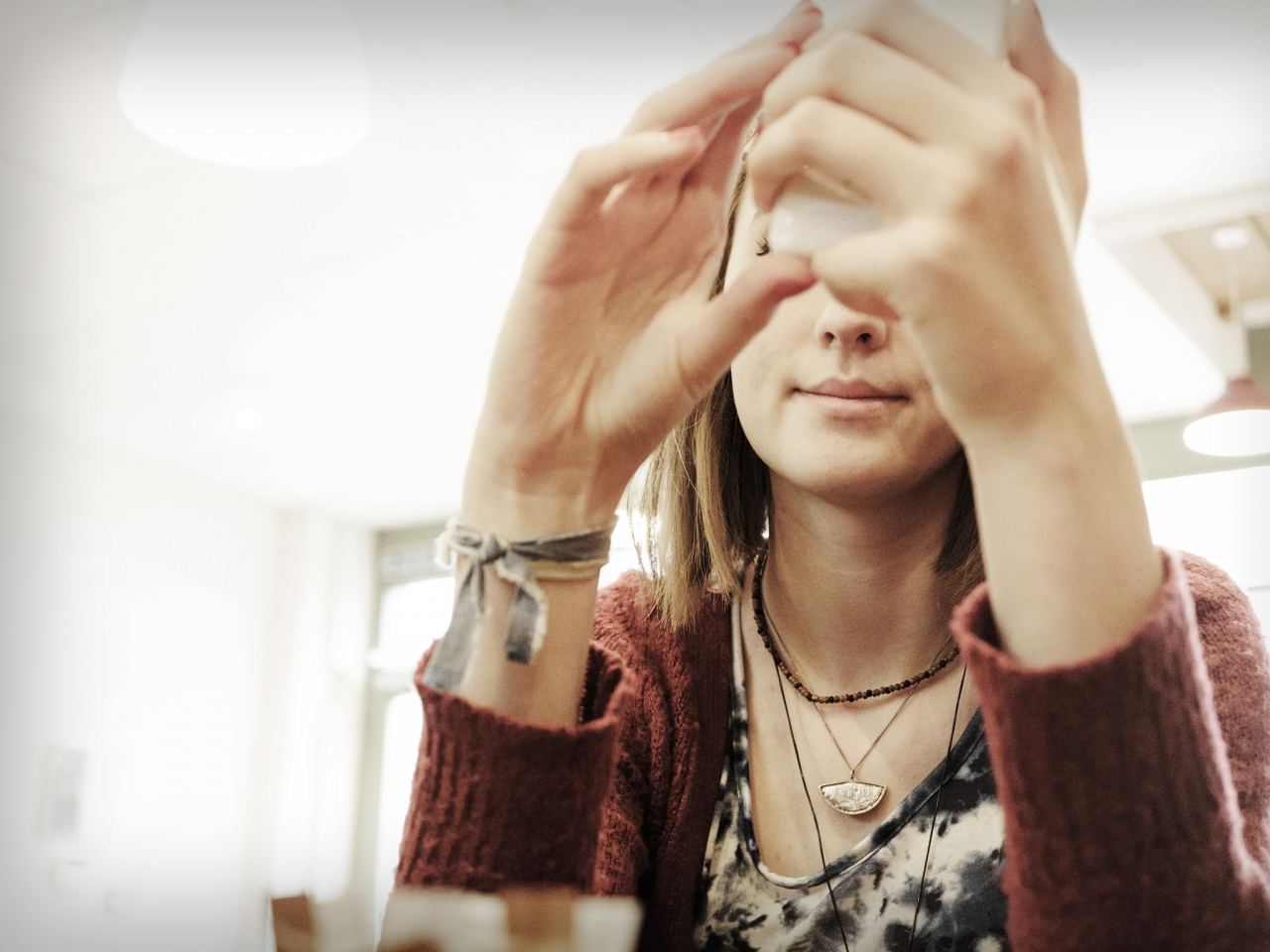Don't miss out on the best jobs!
Subscribe to HelpGoAbroad and weekly we will sent you an email with latest job posts. Provide your email address below
With flights and hotels booked, you're ready to take off on a study abroad trip around the world. A multi-country study abroad program is a unique cultural experience and a once-in-a-lifetime opportunity. But what happens when you don't have the right documentation, find yourself running out of money, or can't contact your family back home? Prepare now so you can avoid dicey international situations. All that stands between you and amazing global sites and experiences is an important to-do list. Taking the time to prepare before your study abroad can eliminate so much headache and let you experience the world.
Here are five things to get in order before you start your global trek:
Preparing Crucial Documentation
The more countries you visit, the more paperwork you'll likely need. Many countries require a visa to enter the country, especially if you are there for more than a week or two. Each country has its own visa requirements, and they vary greatly. The best way to find out requirements for the countries you are visiting is through your home country's government, such as the U.S. State Department. Visa applications can take some time to process, so plan ahead and start your application a few months before you depart. Visas can range from $30-$200, so be sure to calculate that into your budget.
You'll also need a valid passport to cross international borders. Months before your trip, make sure your passport and drivers license are current for the entire duration of your trip. U.S. passports are valid for 10 years, but it can take weeks to process a passport application.
You're On The Go - Pack Lightly!
You may want to bring all of your favorite clothes and belongings on your study abroad, but a heavy suitcase can weigh you down as you travel between countries. Take your time to put together a detailed packing list about a week before your trip so you don't forget anything. Consider packing clothing pieces that can be layered or worn in different ways to cut down on the number of items you bring.
Some study abroad programs have limits on how much luggage each participant can bring, so check the restrictions on your program. If you are staying in one hub city with trips planned to other locations, you can bring a smaller bag to take on shorter trips. And don't forget to leave room for souvenirs—you'll definitely want to do some shopping while you're abroad.
Preparing and Staying Within Your Budget is Key.
A multi-country study abroad can be expensive, so it is important to plan a budget. With each new country it can be tempting to spend a lot of money, but a budget can help keep you on track. Start by looking into how expensive things are in the various countries you are visiting to give you an idea of how much you will need to spend. For example, a breakfast pastry could cost $2 in one country and $7 in another.
It's also incredibly important to know a country's exchange rates. Some money-changing businesses give tourists a worse exchange rate than the government, so have an idea of how much money you should get in return. Before your trip, research the best places to exchange money in each country. You'll want to exchange enough money for your spending but not have a lot left over when you leave the country. Some countries take U.S. dollars, but you may get better prices on things by using the local currency.
Planning The Actual Traveling Between Countries
Although much of the travel between countries will likely be arranged by your study abroad director, it is helpful to know what you need in case you have to make arrangements on your own. When it comes to travelling between countries, you can basically choose between price or convenience. Simpler modes of transportation, such as bus, tend to be cheaper, but they also take longer and can limit how much time you get to spend in the country. On the flip side, planes or trains are faster but can be much more expensive. Ask locals the best options for getting between countries to find the safest options that meet your travel criteria.
Keeping Connected While Exploring
You'll definitely want to keep in touch with your family and friends to tell them about your adventures, but reliable communications can be difficult while you are travelling. Your phone might not work in many countries, and placing an international call can be incredibly expensive.
One of the most reliable and cost effective communications methods is to use an HD communications apps like Beckon, which uses a global infrastructure of over 70 data centers distributed by communications company Agora.io. What this means that no matter what country you're in, or if you're on a train traveling between countries, on varying strengths of networks (3G, 4G, Wi-Fi) you can make free international calls to your friends and family at home that also have the app, or much cheaper calls to those who don't than regular cell carriers.
Preparing now for your multi-country study abroad will let you relax and soak in all the cultural experiences you'll find on the road. Plan now to have an amazing experience!
What else is on your study abroad to-do list?
Sign in to publish a comment


Be the first to comment on this post.